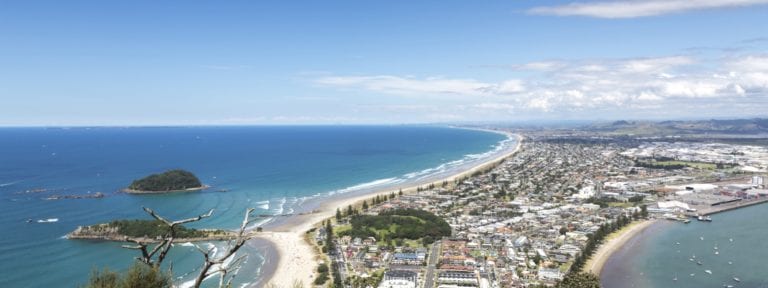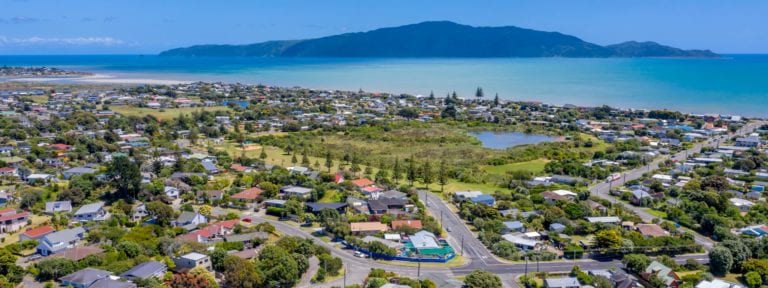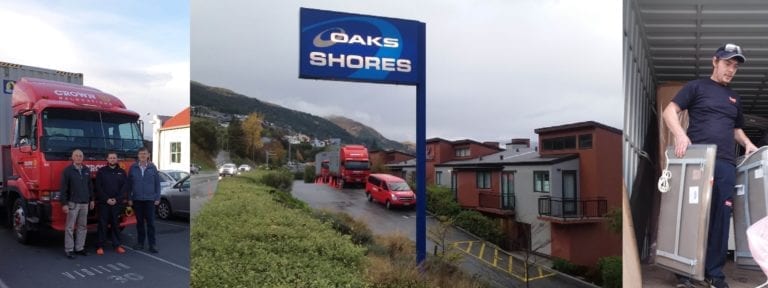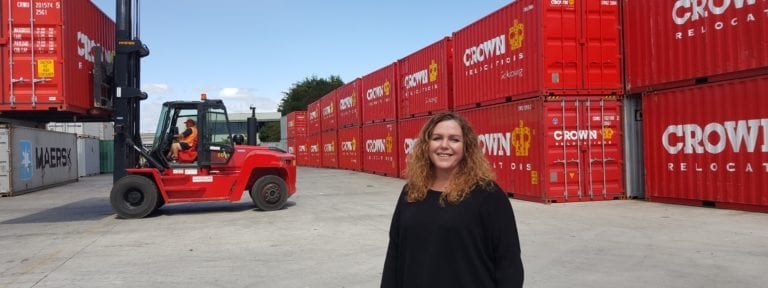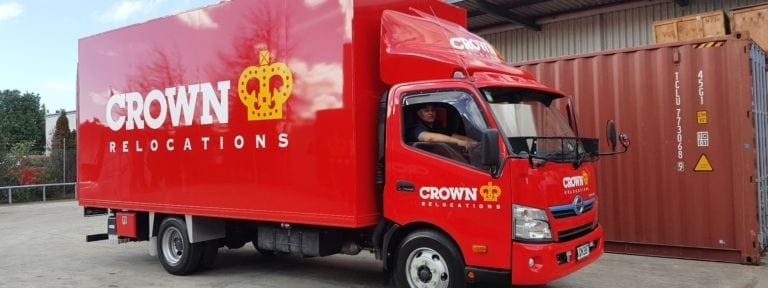New Zealand: Immigration Update August 2023
Immigration New Zealand have announced some major changes to the Skilled Migrant Residency category. Whilst many of your employees will relocate to New Zealand using an Accredited Employer Work Visa, the ability to ultimately apply for Residence is an important consideration for many employees considering a move to New Zealand. We’re prepared an overview of what to expect from the upcoming changes.
INZ have also announced a major change which will impact Accredited Employer Work Visa holders, which we’ve outlined below.
What’s Changing?
Immigration New Zealand have now announced the following changes in relation to the Skilled Migrant Residence category.
- A new points-system to determine eligibility
- Skilled Job or Job Offer Requirements
- The number of applicants that will be accepted by INZ
- Shorter processing times
- The provision of an interim visa, where applicants are not processed in time.
New Points-system
The principal applicant will require 6 points in order to be eligible to apply for the Skilled Migrant category moving forward. Applicants can no longer gain additional points in relation to their partners qualifications etc, or based around location. Eligibility is solely measured by the skills & experience of the principal applicant.
Points are limited to four distinct categories:
- New Zealand Occupational Registration
- Qualifications
- Income
- Skilled Work Experience in New Zealand
It is important to note that INZ have advised that points from the first three indicators (as noted above) cannot be combined together. For example, you cannot claim points for Occupational Registration & Qualifications at the same time. You can however also claim up to 1 point for each year of skilled work in New Zealand, up to a maximum of 3 points, which can be combined with one of the above three categories.
Only eligible occupational registrations and recognized (or assessed) qualifications can be utilized to gain points. Given the increased reliance on recognized qualifications, NZQA are looking at ways to streamline this process and minimize the processing times, which is a positive.
We have prepared an overview of the key indicators and associated points. However, our team are available to conduct detailed eligibility assessments, which is recommended given the numerous complexities.
Skilled Job Offer Requirements
In the past, if you still met the points requirements you could apply under the Skilled Migrant Residence category without first having employment, or an offer of employment. Moving forward you must either be in or have an offer of eligible employment in order to meet requirements in ALL cases.
The offer will also need to meet the following prerequisites:
- With an accredited employer
- For at least 30 hours per week
- In an ANZSCO Level 1-3 occupation and paid at or above the median wage, OR in an ANZSCO Level 4-5 occupation and paid at or above 1.5 times the median wage
- Either a permanent contract, or for a fixed term of at least 12 months.
Additional Points for Work Experience
The points gained from one of the three categories noted in the table above (Occupational Registration, Qualifications, Income) can be supplemented by points gained through skilled work experience. Applicants can claim an additional 1 point for each year of skilled work experience they have in New Zealand, up to a maximum of 3 points.
The definition of skilled work is:
- For at least 30 hours per week
- In an ANZSCO Level 1-3 occupation and paid at or above the median wage, OR in an ANZSCO Level 4-5 occupation and paid at or above 1.5 times the median wage
- For current Student Visa holders, then 20 hours per week can still be claimed, however would be pro-rated relative to a 30-hour week to determine how many weeks would be required to meet the criteria.
Point allocation would be as follows:
The other standard eligibility requirements in areas such as age, English language proficiency, health & character which are currently in place for the Skilled Migrant Category, will remain the same.
Number of Applications Accepted & Processing Times
There is no limit to the number of people who can receive residence through the Skilled Migrant Category in any given period. Provided applicants meet the eligibility criteria, including the points indicators along with the usual health & character requirements, then the Visa will be issued. INZ have advised that an Expression of Interest will still be the first step in the process, however it is unclear how this will impact on the overall time frame at this stage.
INZ have indicated that applications where there are no complexities, and all of the information is included will be processed in as little as 6 – 8 weeks. This is a lot faster than traditional applications through this category, so makes it an option to consider for employee’s immediate arrival (as opposed to applying for a Work Visa, then Residence either later or at the same time). Whilst it is a higher cost outlay initially, Residence offers longevity and avoids compliance risks or the need for ongoing renewals.
Interim Visas
In the past, interim visas have not been available to temporary visa holders who apply for Skilled Migrant Residence Visas. INZ have advised that in the event applications for Skilled Migrant Residence visas are not approved prior to the expiration of the applicants existing temporary visa, then interim visas will automatically be issued. The interim visa will have the same conditions as the expiring visa. This means that if they hold a Work Visa, the interim Visa will allow them to continue to work. These visas will remain valid for up to 24 months, or until the residence visa is withdrawn or approved.
Changes to the duration of AEWV and Standdown periods
INZ will be introducing a maximum continuous stay period of five years for AEWV holders. For holders of an AEWV who have not been able to apply for Residence within the 5-year period due to either financial or eligibility related constraints, they may be unable to renew their AEWV. They would need to leave New Zealand for at least 12 months, then re-apply at that stage.
That being said, in some cases an additional AEWV may be approved by Immigration NZ. They advise that for those who can evidence that they will become eligible for one of the skilled residence pathways an extension could be available to allow them to meet requirements. An example of this would be an AEWV holder who only started earning 1.5 times the median wage after three years on their AEWV and only needs one more year of skilled experience to qualify for the 6 points under the Skilled Migrant category.
This coincides with an extension to the maximum length of an AEWV, which will increase from 3 years up to 5 years from November onward.
What dates should I be aware of?
The final opportunity to submit an expression of interest under the existing Skilled Migrant category will be the 15th August. This is important because there are certain applicants who will be eligible under the current conditions, but not the new ones.
The new points system will be in place as of the 9th October. The changes to AEWV are proposed from November this year.
What does this mean for my employees?
The opportunity to gain Residence in New Zealand will be a key consideration for many of your new and existing employees. For some, the changes will mean they are no longer able to apply for Residence, where they previously could have through the old category. They may need additional support in understanding their options and/or the next steps.
The change to the Accredited Employer Work Visa will have numerous potential impacts. For existing AEWV holders with three-year visas, they will be able to apply for a further AEWV which could be issued for up to a maximum of two years (meaning a total of five). INZ have advised that an additional Job Check would not be required for these extensions, provided the visa conditions remain the same.
To avoid long serving team members having to leave New Zealand due to the stand down period, it is prudent for employees to carefully assess their options for Residence and budget to ensure they can progress this prior to the five-year maximum. Or understand what steps they may need to take within the five years to ensure they are considered ‘on the pathway to Residence’.
For more detailed information about the changes and how they might impact your people, connect with our team of fully licensed advisers by contacting Crown World Mobility at crownworldmobility.nz@crownww.com
This summary was prepared using information obtained from INZ. Information is subject to change without notice.



